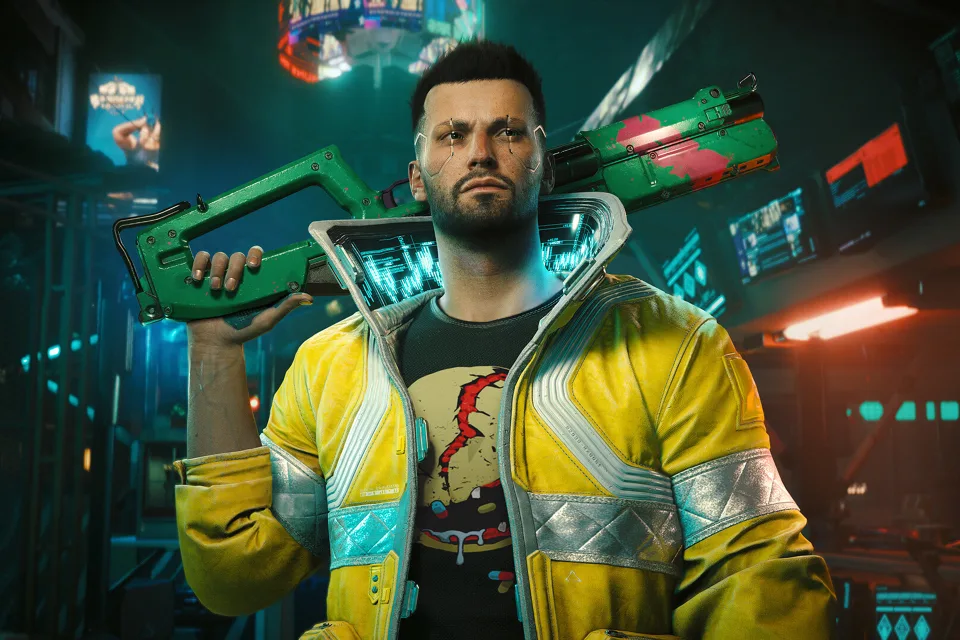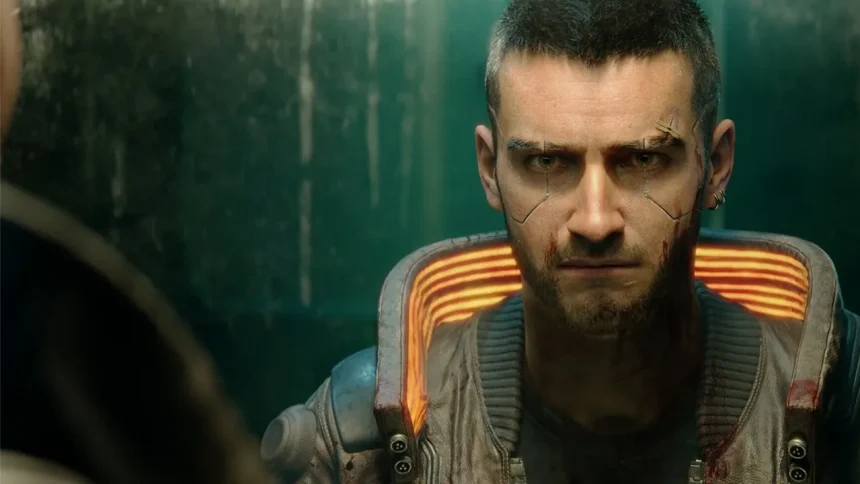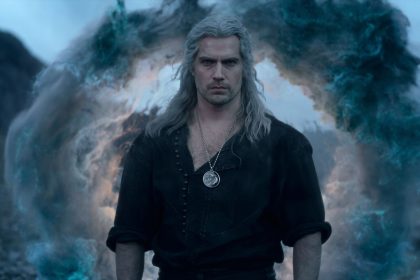In a recent interview with Flow Games, Pawel Sasko, an integral figure at CD Projekt Red, shed light on the early stages of development for Cyberpunk 2077’s sequel, tentatively referred to as Project Orion or Cyberpunk 2.
Sasko, now serving as associate game director for the sequel, highlighted that roughly half of the team responsible for crafting quests for Cyberpunk 2 consists of former modders. This group, totaling around 24 individuals, brings diverse experience from modding various games such as The Witcher series and Cyberpunk itself, as well as other titles like StarCraft.
Sasko emphasized the significant role of modders within the development process, not just in quest design but across other departments as well. He mentioned a specialized team called Jigsoft, comprising about 20 modders who collaborated closely with CD Projekt Red on tools and development for The Witcher 3.
Despite their independent origins, Sasko stressed that these modders are fully integrated into the studio’s operations, working side by side with core teams on critical aspects of game creation.

Encouraging aspiring game developers, Sasko passionately advocated for modding as a gateway into the industry, citing it as a fertile ground for learning and honing essential skills. He spoke of how many of CD Projekt Red’s standout talents began their careers in modding communities, underscoring its potential to cultivate future industry leaders.
Reflecting on Cyberpunk 2077’s tumultuous journey from its troubled launch to subsequent updates, Sasko highlighted the transformative impact of mods. Concepts that originated as community-created modifications eventually found their way into official updates, such as the addition of a functioning metro system in Night City.
This symbiotic relationship between developers and modders not only improved the game but also enriched its content with fresh ideas and innovations.
Sasko’s personal journey within CD Projekt Red added another layer to the narrative. Initially fearing a potential dismissal, he found himself entrusted with significant responsibilities, including leadership roles in the RPG sequel and the establishment of CD Projekt Red’s new stateside studio. His trajectory serves as a testament to the studio’s faith in nurturing talent and harnessing the creative potential of both internal teams and external contributors.
Sasko’s insights underscored the critical role of modders in shaping the present and future of CD Projekt Red’s projects, illustrating a collaborative ethos that values innovation and community-driven development.







